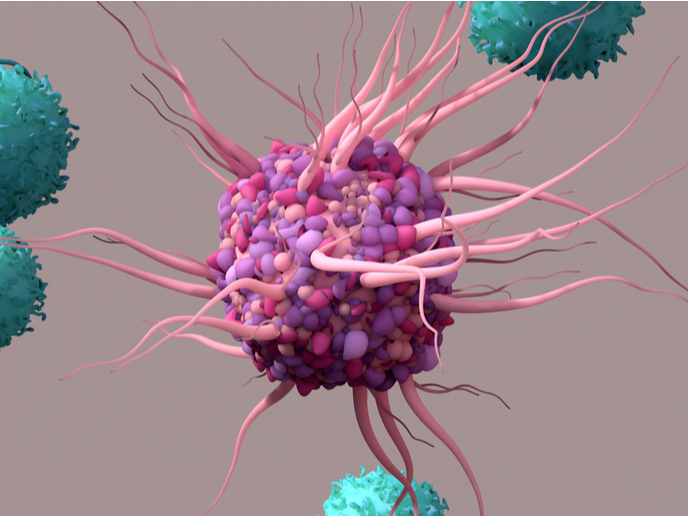Helping innovative medical research make it from lab to clinic
Tissue engineering, organ repair, personalised medicine – the future of medicine is full of exciting new potential. But while researchers are innovating the ways we can diagnose and treat diseases such as cancer or degenerative diseases, getting these vital discoveries out of the lab and into hospitals, and the market, is beset by hurdles. Scientists may be more than capable of cracking challenges presented by their research, but they need support to go on to crack barriers relating to regulation or financing. Taking inventions or academic research projects and translating those into therapies or medicinal products is a complex process. The SMEs and researchers developing the concepts now that will further the medicine of the future, need expert advice if they are to meet the requirements of regulatory and reimbursement agencies, the demands of large industrial companies and analyse clinical needs. “The very complexity of the context can be off-putting. So ENATRANS succeeded in creating a network of support to SMEs by offering expert advice on issues such as intellectual property, business models and funding strategies, etc.” explains project coordinator Nicolas Gouze. Guiding academia and industry on their translational journey ENATRANS’ partners all have a solid foothold in the European nanomedicine community and their expertise enabled the project to perform well. The nanomedicine Translation Advisory Board (TAB) was the main instrument through which academics and SMEs were given individual advice. “The board guided nanomedicine innovators, helping them translate their projects to something with market potential”, says Gouze. Having identified promising projects, the TAB helped them with issues such as accessing clinical centres for preliminary studies in patients, advice on complying with regulatory requirements or aid in finding finance to scale-up processes. The TAB has proven to be such a success that contacts have been initiated internationally to extend the concept outside Europe. Other concepts and tools have also been confirmed or validated in the course of the project. These include the compendium for successful translation, the Nanomed Award, the Nano World Cancer Day, the Nanomed Handbook and the Nanomed Map. Through webinars on how to get medical and pharmaceutical innovation to the market, the project put their knowledge of industrial and clinical needs at the disposal of participating SMEs and academics. Who benefits? A team of 12 high level experts provided specific, individual advice to more than 80 European projects at differing stages of maturity through the TAB. Some of these projects are targeted towards global diseases such as cancer, multiple sclerosis or pulmonary infections. Business development support provided by the TAB has contributed to nearly EUR 15 million in funding rounds creating three start-ups and two license agreements with industry. Partners in ENATRANS have successfully secured funding of TAB’s operations for the next 3 years. It will be able to continue under the EU’s NOBEL project to offer services to nanomedicine projects. At the same time it will support projects developing other key technologies for healthcare. Applications are continuously open here.
Keywords
ENATRANS, Nanomedicine, cancer therapy, tumour, drugs, imaging, clinical trials, nanocarriers, nanodiagnostic, nanotheranostic, biomarkers







